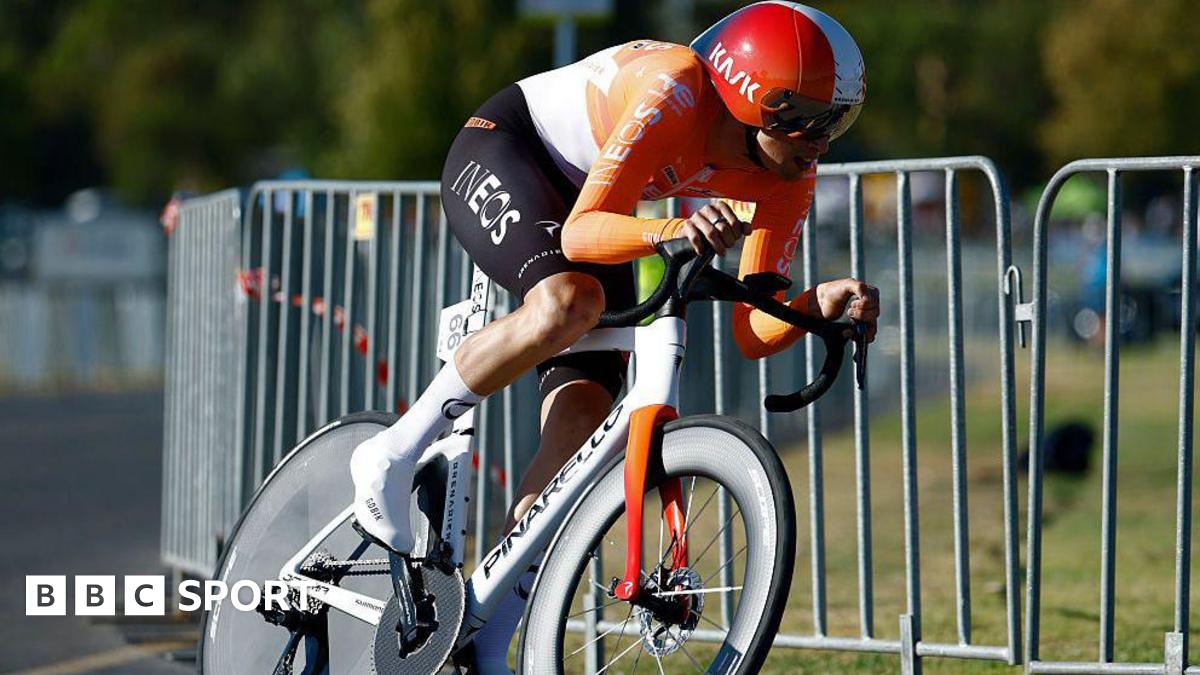The World Anti-Doping Agency is to review whether cannabis should remain a banned substance.
The move follows American sprinter Sha’Carri Richardson missing the Tokyo Olympics after testing positive for the substance in June.
The 21-year-old later revealed she had used cannabis to help cope with the death of her biological mother.
Wada says the scientific review will begin next year and that cannabis will remain prohibited in 2022.
The anti-doping agency says the review is taking place “following receipt of requests from a number of stakeholders”.
Richardson won the 100m at the US Olympic trials in Oregon in June, where she ran what was then the sixth-fastest women’s time in history in the semi-finals.
The athlete’s positive test came at the Olympic trials event, which meant her qualification times were expunged and she was given a one-month suspension.
The trials came a week after the death of her biological mother.
Both the US Anti-Doping Agency and USA Track and Field expressed sympathy for the athlete and accepted the substance was not used to enhance performance but said they had no choice but to follow the rules.
Testing positive for cannabis currently carries a ban of up to four years although that can be reduced to three months if athletes can show taking it was not related to sports performance.
Any ban can be reduced further to one month if athletes agree to a treatment programme.






















